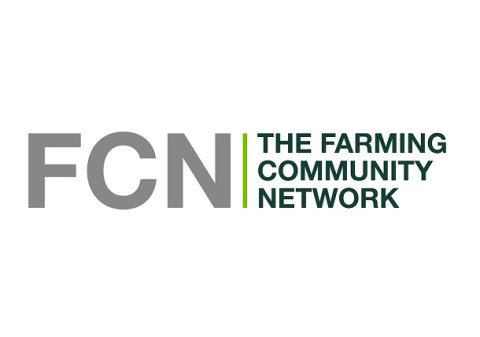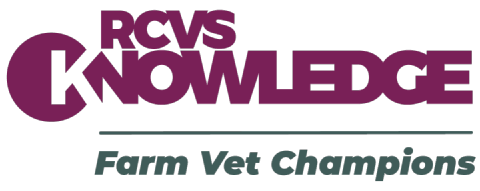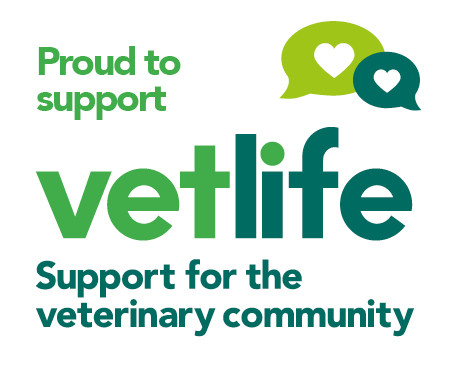On Tuesday 28 March the Rural Affairs Minister for Wales, Lesley Griffiths, announced a revised five-year delivery plan for bTB eradication. BCVA members see the impact of this devastating disease all too often, so fully recognise that bTB control and eradication will always be one of the biggest challenges we face on farm. The ambition to achieve this in Wales by 2041 is to be applauded, however BCVA has concerns that the refresh of the Welsh plan lacks the kind of detail that would give rise to confidence amongst our profession or in our clients.
“There is much to welcome in the plan” says Colin Mason, BCVA President, “in particular, the indication that this will be a collaborative approach with a variety of stakeholder groups. We certainly look forward to sharing the cattle vet experience and working with Dr Richard Irvine, CVO for Wales, to bring our profession’s expertise. “BCVA also welcomes the attention this plan gives to low risk areas, where levels are rising, with pre and post movement testing employed to protect the low-risk population. However, those working in high-risk areas require equal focus in order to properly control and manage the spread of this disease.”
“There is much to feel optimistic about and we have many opportunities to increase our engagement, with much to gain. BCVA has previously campaigned on behalf of its members for action with regards to cattle vaccination, validating a DIVA test, the roll-out of the CHECS TB Entry Level Membership, which we would continue to champion for Wales” says Rebecca Cavill, farm vet and TB lead for BCVA.
“Everyone involved on farms where the threat of TB exists knows that an ‘all the tools in the box’ approach is the only way to meet the challenges of this disease. Farmer engagement, confidence and participation is crucial to the efficacy of any bTB strategy. It is therefore essential that future tactics embrace the opportunity to positively influence behavioral changes in terms of responsible purchasing. This means effective, consistent, and ongoing communication between government, the veterinary profession, and the farming industry. We look forward to being a part of the ongoing conversation about how the plan is implemented, particularly the approaches to cattle vaccination and wildlife policy.”






